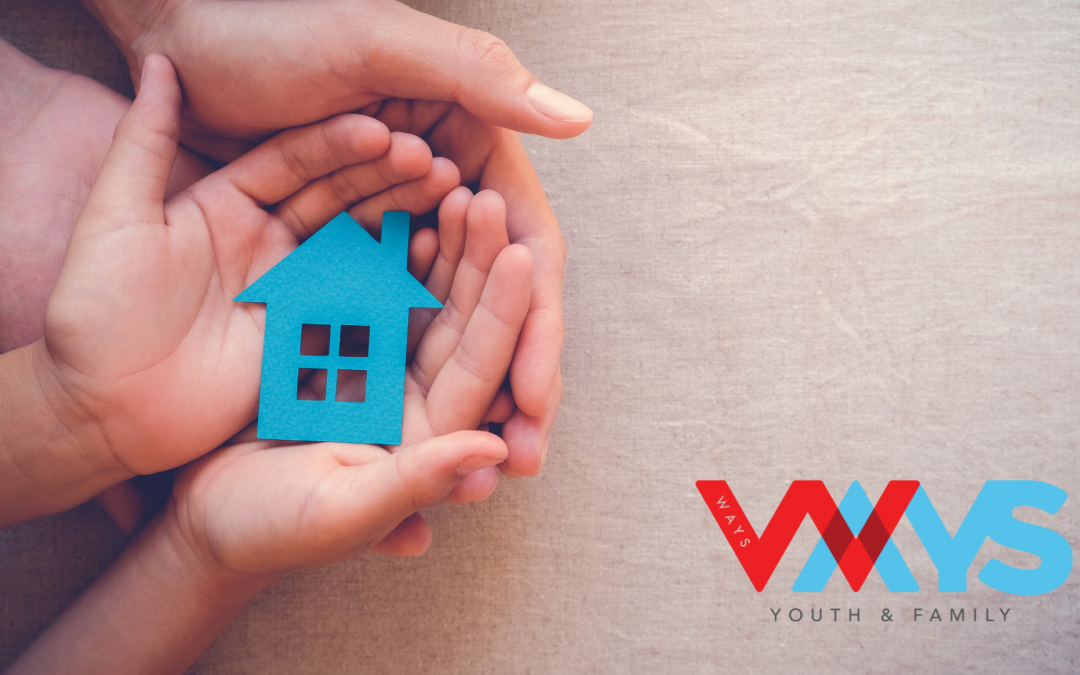Homelessness can affect anyone at any time. This homelessness crisis has been increased by the current COVID- 19 pandemic and lockdowns over the year.
During the 2016 Census, 49,200 people will sleep rough on the street across Australia this year. Nearly 60% of homeless people are aged under 35 years.
Homelessness can be caused by:
- Domestic and Family violence
- Mental health issues
- Addictions
- Physical health issues e.g accidents at work and bills mount up
- Loss of employment, or inability to get a new job
- Limited housing/rental stress
The highest reason for homelessness is Domestic and Family violence at 23% and 70% of that is young people.
At the moment there are not enough shelters and government-funded homes and with about 116,000 Australians needing homes every night their needs to be more awareness made to ensure that everyone can have a home no matter their circumstances.
This year’s National Homelessness Week (1-7 August) is appropriately themed ‘Everybody needs a home’ and is linked with the Everybody’s Home advocacy campaign.
WAYS Case Managers and Psychologists help prevent and support homeless young people and their families.
Our WAYS Psychologists aim to support vulnerable young people and their families at risk of homelessness, not when there is a crisis, but throughout their journey.
We recognise the importance of providing our clients with strategies and resources to manage conflict in the family home which can be a key contributor to youth homelessness.
We also asked our Case Manager Milo to give us a scenario of how he has made a difference.
“I have worked with a lot of young people about not having a home to go back to, but the one that stood out for me the most was when one of my case managed young people came out of a Juvenile Detention Centre and wasn’t able to go back to his home because of a family disagreement.
I got him into permanent housing, got him an income, encouraged him to read, and got him household items so that he could have a place that looked like a home.
This story he was affected by drug and alcohol problems. He became withdrawn and felt lonely.
Getting them a home is one thing, but you need to be able to support and guide them in the right direction. And over time, I was able to see a big transformation in him by seeing a change in his mental health and confidence”.
HOW CAN YOU HELP?
If you would like to donate to The Chappell Foundation so that they can continue their amazing work, please visit their website www.thechappellfoundation.com.

